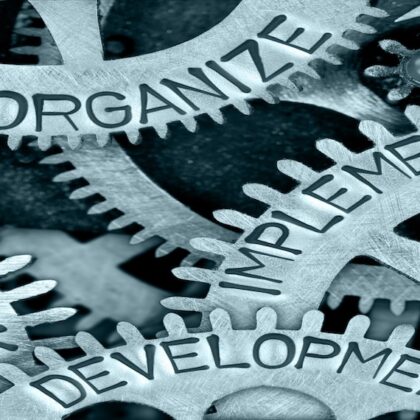* Leadership
Why Good Projects Fail Anyway
Complicated long-term projects are customarily developed by a series of teams working along parallel tracks. If managers fail to anticipate everything that might fall through the cracks, those tracks will not converge successfully at the end to reach the goal. Take a company-wide CRM project. Traditionally, one team might analyze customers, another select the software, a third develop training programs, and so forth. When the project is finally complete, though, it may turn out that the salespeople won’t enter in the requisite data because they don’t understand why they need to. There is a way to uncover unanticipated problems while the project is still in development. The key is to inject into the overall plan a series of mini-projects, or “Rapid-Results Initiatives,” that each have as their goal a miniature version of the overall goal. In the CRM project, a single team might be charged with increasing the revenues of one sales group in one region by 25% within four months. To reach that goal, team members would have to draw on the work of all the parallel teams. But in just four months, they would discover the salespeople’s resistance and probably other unforeseen issues, such as, perhaps, the need to divvy up commissions for joint-selling efforts. The World Bank has used Rapid-Results Initiatives to great effect to keep a sweeping 16-year project on track and deliver visible results years ahead of schedule.
When a promising project does not deliver, chances are the problem wasn’t the idea but how it was carried out. Here is a way to design projects that guards against unnecessary failure.





